This article was co-authored by wikiHow staff writer, Nihal Shetty. Nihal Shetty is a Writer and Editing Fellow at wikiHow who splits his time between Michigan and Mexico City. Before his role at wikiHow, he was an instructor of Russian literature at the University of California, Berkeley. Nihal received a BA in Comparative Literature from Columbia University and an MA in Russian at Berkeley.
There are 10 references cited in this article, which can be found at the bottom of the page.
This article has been viewed 18,946 times.
Learn more...
Have you decided that you want to spend the rest of your life with a Muslim and that you’re willing to become a Muslim to do so? Converting to Islam is a major decision, but also one that can be among the most meaningful life changes you make. If you have questions about the process of converting to Islam for the sake of marriage, we’re here to answer them. We’ve got you covered with this complete guide on how to convert to Islam for marriage.
Steps
How to Convert to Islam for Marriage
-
1Speak to an imam to learn more about Islam. Visiting a mosque and speaking to one of its leaders, known as an imam, gives you the chance to ask any questions you might have and helps you get familiar with your local Muslim community. So long as you dress in modest attire (stick to wearing clothes that cover most of your body), you’re welcome to visit any mosque.[5]
- You can also learn more about Islam by getting in touch with a Muslim community center or, if you’re in college, a Muslim Student’s Association.
- As someone interested in Islam, it’s a great idea to take some time to read the Qur’an, Islam’s holy book. This book will be your guide for living a Muslim life.[6]
-
2Recite the Shahada to complete your conversion. Converting to Islam is actually a really easy process—all it requires is saying the Testament of Faith, also known as the Shahada, with the honest desire to become a Muslim. Say the following Arabic words: “La ilaha illa Allah, Muhammad rasoolu Allah.”
- The Shahada is the first of the 5 pillars of Islam. This testament translates to: “There is no true god but Allah, and Muhammad is the messenger of Allah.”
- Although Allah knows all, and therefore you don’t technically need witnesses, Muslims are encouraged to convert in the presence of 3 witnesses: 2 adult male believers, and an imam.[7]
- If you’re in a country like the Philippines that requires a certificate of conversion in order to marry a Muslim, you can ask the imam to provide you with one after reciting the Shahada.
-
3Wash yourself to begin your Muslim life. Although Muslims are divided on whether or not it’s necessary to take a ritual bath, known as ghusl, after conversion, you may decide to do this upon the recommendation of your imam.[8] To perform ghusl, find a private place to bathe, and wash yourself with clean water in the following order:
- Your right hand, including in between the fingers (repeat 3 times)
- Your left hand, including in between the fingers (repeat 3 times)
- Your genitals (repeat 3 times)
- Your hair, face, and neck (repeat 3 times)
- The right side of your body
- The left side of your body
-
4Attend pre-marital counseling to strengthen your relationship. Before your Nikah (wedding), Muslims intending to get married are highly encouraged to discuss their relationship with a religious counselor. This is a crucial part of working through important aspects of your relationship ahead of time, so you can start off your married life on the right foot. Talk to your imam to schedule an appointment.[9]
-
5Live a committed Muslim life. Keep in mind that once you convert to Islam, it’s considered a major sin to leave the faith.[10] But becoming a Muslim means joining a strong community of believers who will guide you as you work on becoming a devout Muslim. As a Muslim, you’ll be expected to practice the 5 pillars of Islam as the foundation of your Muslim life:
- Shahada: The Testimony of Faith, which is performed upon becoming a Muslim
- Salah: Performance of the 5 daily prayers
- Sawm: Fasting during the month of Ramadan
- Zakat: Donating 2.5% of your income to the poor and needy
- Hajj: Making a pilgrimage to the holy city of Mecca once in your lifetime, if you’re able
References
- ↑ https://muse.jhu.edu/article/783514
- ↑ https://www.pewresearch.org/religion/2013/04/30/the-worlds-muslims-religion-politics-society-interfaith-relations/
- ↑ https://www.darul-arqam.org.sg/embracing-islam/
- ↑ https://www.pewresearch.org/fact-tank/2018/01/26/the-share-of-americans-who-leave-islam-is-offset-by-those-who-become-muslim/
- ↑ https://www.dar-alifta.org/Foreign/ViewFatwa.aspx?ID=10494
- ↑ https://aboutislam.net/reading-islam/living-islam/4-steps-new-muslims-seeking-knowledge/
- ↑ https://www.bbc.co.uk/religion/religions/islam/conversion/beginner_1.shtml
- ↑ https://muslimmatters.org/2017/02/13/is-ghusl-obligatory-upon-the-new-muslim-abdullah-hasan/
- ↑ https://aboutislam.net/family-life/laying-foundations/10-step-pre-marriage-checklist/

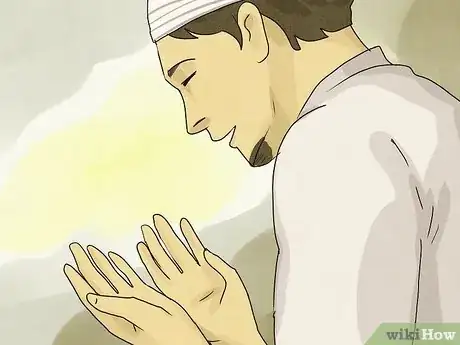
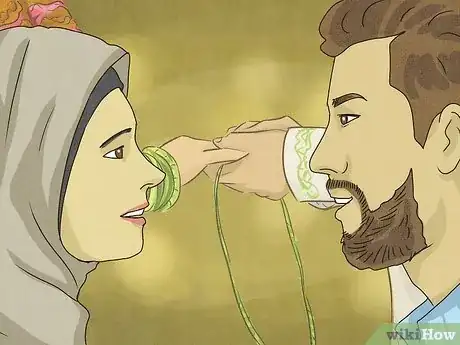
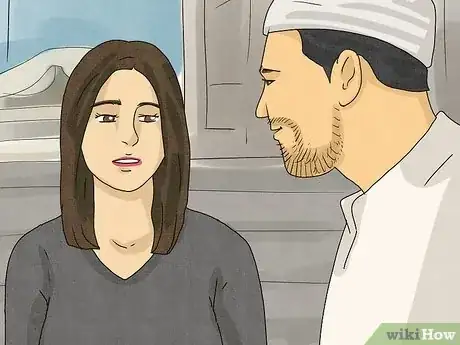
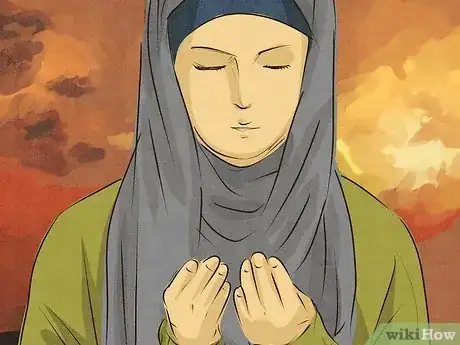

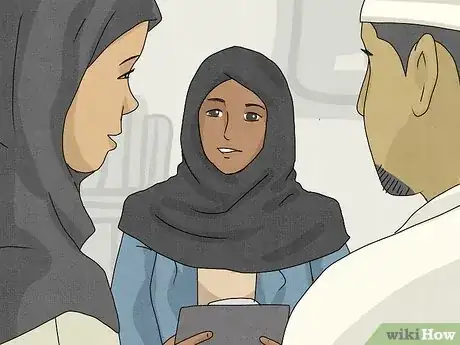
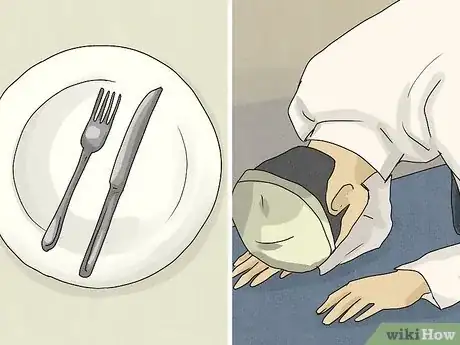







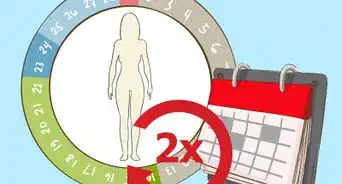

-Step-25-Version-2.webp)

















































